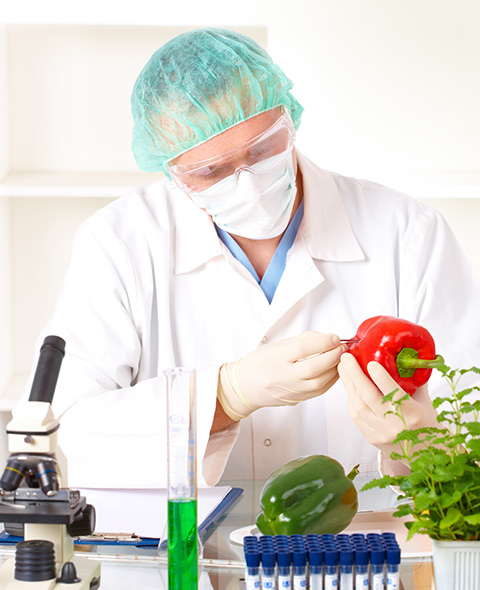
Antimicrobial technologies in food industry
Microbial life has a major impact on everyday life, on our health, our climate, and our food. Microbes can have beneficial effects on food and be used to our benefit, such as in the use of fermentation to produce food products. However, among the microbes associated with agricultural products, there are also microbes that can cause human illness, as well as those that greatly increase the spoilage of foods. Antimicrobial technologies in the context of food production are those interventions that attempt to reduce or eliminate specific or general microbial contamination on foods, water or food contact surfaces. These technologies can be of physical, chemical, or biological nature. Antimicrobial technologies need to be assessed for more than just the ability to eliminate a target microorganism. Other major aspects to consider are the influence on the sensory and nutritional quality of the food, the production of potential harmful by-products, the onset of resistance to the antimicrobial among the microbial population (comparable to the issue of antibiotic resistance), as well as considerations in terms of finance and sustainability. Our goal is to study established and future technology in terms of antimicrobial efficiency, applicability in specific food processing environments, and to assess the possible development of antimicrobial resistance of food associated bacteria due to continuous interaction with these technologies.
-
We provide knowledge and expertise on topics like:
- Fit-for-purpose antimicrobial technologies for food, water, or food contact surfaces
- Avoiding water-mediated cross-contamination in food processing
- Antimicrobial resistance